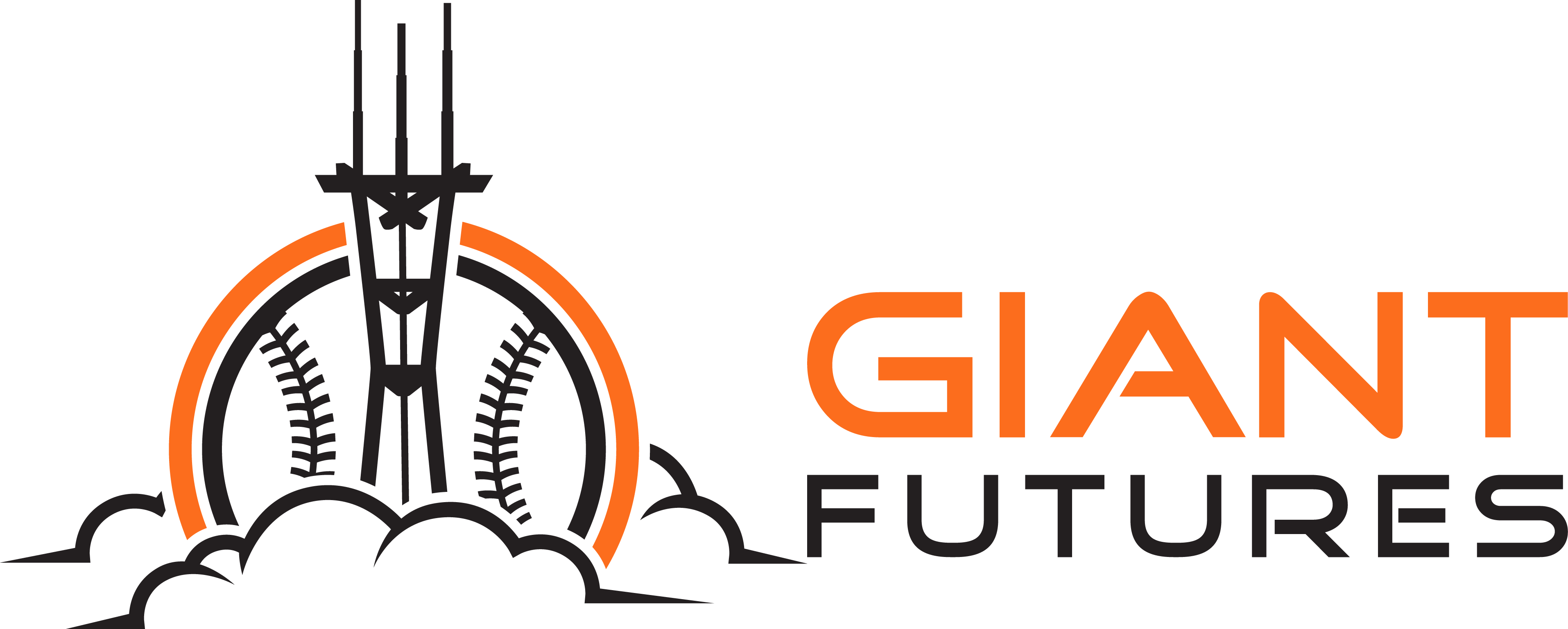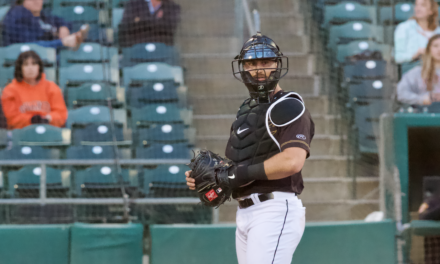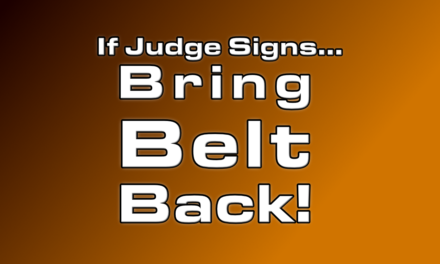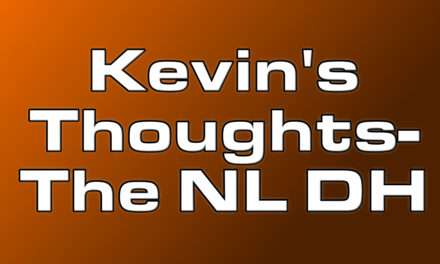On Tuesday, reports indicated that Washington Governor Jay Inslee was about to ban large events in Seattle, one of the cities which baseball opens its season on March 26th. On the same day, San Francisco city supervisor Aaron Peskin suggested that ordering the cancellation of games by the city was “not a matter of “if,” it’s a matter of “when.” He was talking in the context of the Golden State Warriors, but the Giants had to take note, who have an exhibition game scheduled at the Oakland Coliseum on March 23rd, and another at Oracle Park on March 24th, and their first regular season home game on April 3rd.
The spread of COVID-19 (aka Coronavirus) is currently more prominent in some metropolitan areas rather than others, but the nationwide concern around the pandemic makes it a truly national issue. Effects even in just a few cities will affects teams from all over.
The current talk of what to do currently focuses on a few options MLB seems to be exploring; Playing the games in front of empty stadiums, switching the homes of the initial series in affected series, or cancelling games outright. Without speculating on what will happen, it might be worth looking back at the last time baseball faced an issue that required games to not be played:
September 11th.
There are, of course, major differences. What happened in 2001 was sudden, and stopping games that day was mostly unquestioned; what is happening this year has been a slow build filled with differences of opinion, misinformation, and very debatable circumstances. But at the heart was the same concern: public safety.
In 2001, there were 18 games remaining in the regular season. There were worthwhile debates of canceling games, or ending the season early before the postseason. Some voices would have gone further.
Instead, on the Thursday after the Tuesday attacks, baseball chose a postponement, taking the six games starting with Sept.11 on the schedule and putting them at the end of the season. For some teams, that meant a series that started on Sept. 10th got split, and was finished in October. The Mets had one swap of home games, with the home games that would’ve been played the week after the attacks moved to Pittsburgh, and a later series with the Pirates played in New York.
The very quick decision was not universally popular, and even ESPN’s news article highlighted not the attacks, or when the first games would be in New York or Washington, but instead, the controversial nature of a World Series being played in November. This seems like a small thing today, when we’ve had a few such events just through the regular schedule, but that was a highlight of the debate.
But the comparatively speedy decision to the present was also criticized for taking too long. “It doesn’t take a rocket scientist to figure out sporting events are absolutely meaningless compared with what’s going on in Washington and New York,” St. Louis Cardinals first baseman Mark McGwire said at the time, before the decision was made. “And why are people taking so long to make a decision, I have no idea.”
Postponing games had a couple of important affects, the most important being the one that protected the sanctity of the 162-game season, according to then-commissioner Bud Selig. And of course, the decision had one particular piece of importance to baseball, and locally. As with any season, the playoff chases would’ve been affected. But in 2001, the San Francisco Giants had Barry Bonds chasing the home run record.
People all over baseball remember Barry Bonds breaking the record, not just doing it at home, but also doing it against the rival Los Angeles Dodgers. What many don’t remember is that this moment against rivals wouldn’t have happened without the postponement. It’s impossible to know what would’ve happened, but the Giants’ final series of the season as scheduled in 2001 was at home against the San Diego Padres.
Again, this season is a different situation. We’re talking about the beginning of the season, not the end. And unlike the sudden attacks, a pandemic grows slowly, may dissipate slower, and even then, may reignite like a fire that hasn’t been completely smothered.
This isn’t to say that postponement is the right thing to do in this situation. There are a lot of concerns, and a lot of people more informed than I.
But for a sport like baseball that constantly looks to the past, it’s worth taking a moment to look at it again for this context.







Recent Comments